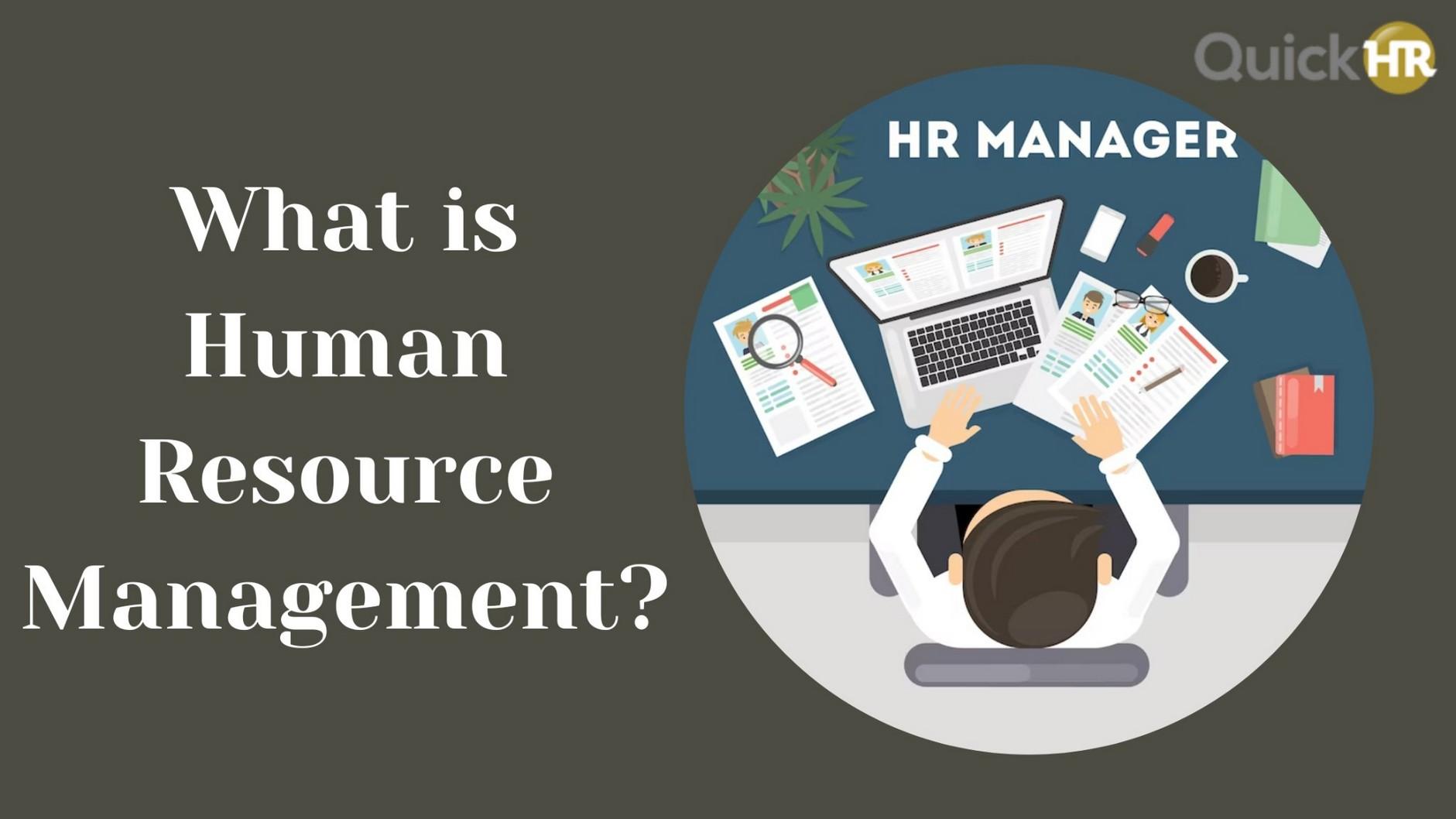What is Human Resource Management?
Human Resource Management (HRM) is the process of managing human resources within an organization to achieve organizational goals. It is concerned with managing people, recruitment, payroll, training, compensation, benefits, and employee relations. HRM is a vital function of any organization as it deals with the most important asset of the company, which is its people. In this article, we will discuss in detail what HRM is and its importance in an organization.
Table of Contents
What is Human Resource Management?

The Importance of Human Resource Management
Functions of Human Resource Management
Recruitment and Selection
Training and Development
Performance Management
Compensation and Benefits
Employee Relations
Challenges in Human Resource Management
Trends in Human Resource Management
Use of Technology
Work-Life Balance
Diversity and Inclusion
Remote Work
Conclusion
FAQs
The Importance of Human Resource Management
Human resource management is crucial for the success of any organization. A good HRM system can ensure that the right people are hired for the right job, trained and developed to meet the organization's needs, compensated fairly, and treated with respect and dignity. It can also help to build a positive work culture, increase employee engagement, and reduce employee turnover. HRM plays a critical role in driving the organization's growth, innovation, and profitability.
Functions of Human Resource Management
Recruitment and Selection
Recruitment and selection are the processes of attracting and selecting the right candidates for the organization. The HR department is responsible for creating job descriptions, posting job vacancies, screening resumes, conducting interviews, and selecting the best candidate for the job. This process helps to ensure that the organization has the right people in the right positions.
Training and Development
Training and development are essential for the growth and development of employees. HRM is responsible for identifying the training needs of employees and providing them with the necessary training to improve their skills and knowledge. This process helps to enhance employee performance, job satisfaction, and career development.
Performance Management
Performance management involves setting clear performance expectations, providing feedback, and evaluating employee performance. HRM is responsible for creating performance management systems, setting performance goals, monitoring progress, and providing feedback. This process helps to improve employee performance, motivation, and accountability.
Compensation and Benefits
Compensation and benefits refer to the rewards and incentives provided to employees for their work. HRM is responsible for creating a fair and competitive compensation package that includes salary, bonuses, and benefits such as health insurance, retirement plans, and paid time off. This process helps to attract and retain the best talent and increase employee satisfaction.
Employee Relations
Employee relations involve managing the relationship between employees and the organization. HRM is responsible for creating policies and procedures that ensure fair treatment of employees, promoting a positive work environment, and managing employee grievances and disputes. This process helps to build a positive work culture, increase employee engagement, and reduce employee turnover.
Challenges in Human Resource Management
Human resource management faces several challenges, including managing a diverse workforce, complying with labor laws and regulations, adapting to technological changes, and managing employee expectations. HRM must balance the needs of the organization with the needs of the employees and ensure that all policies and procedures are fair, consistent, and transparent.

